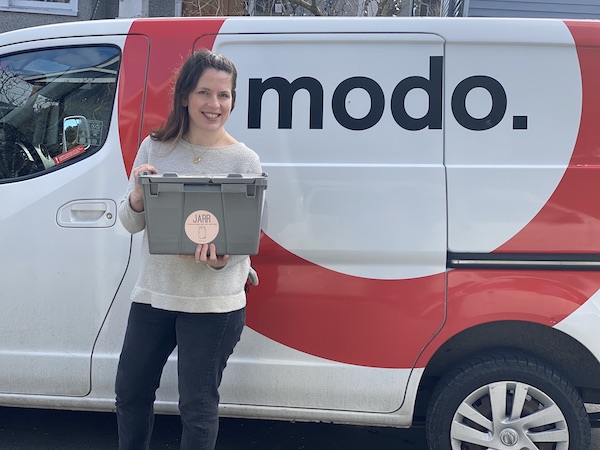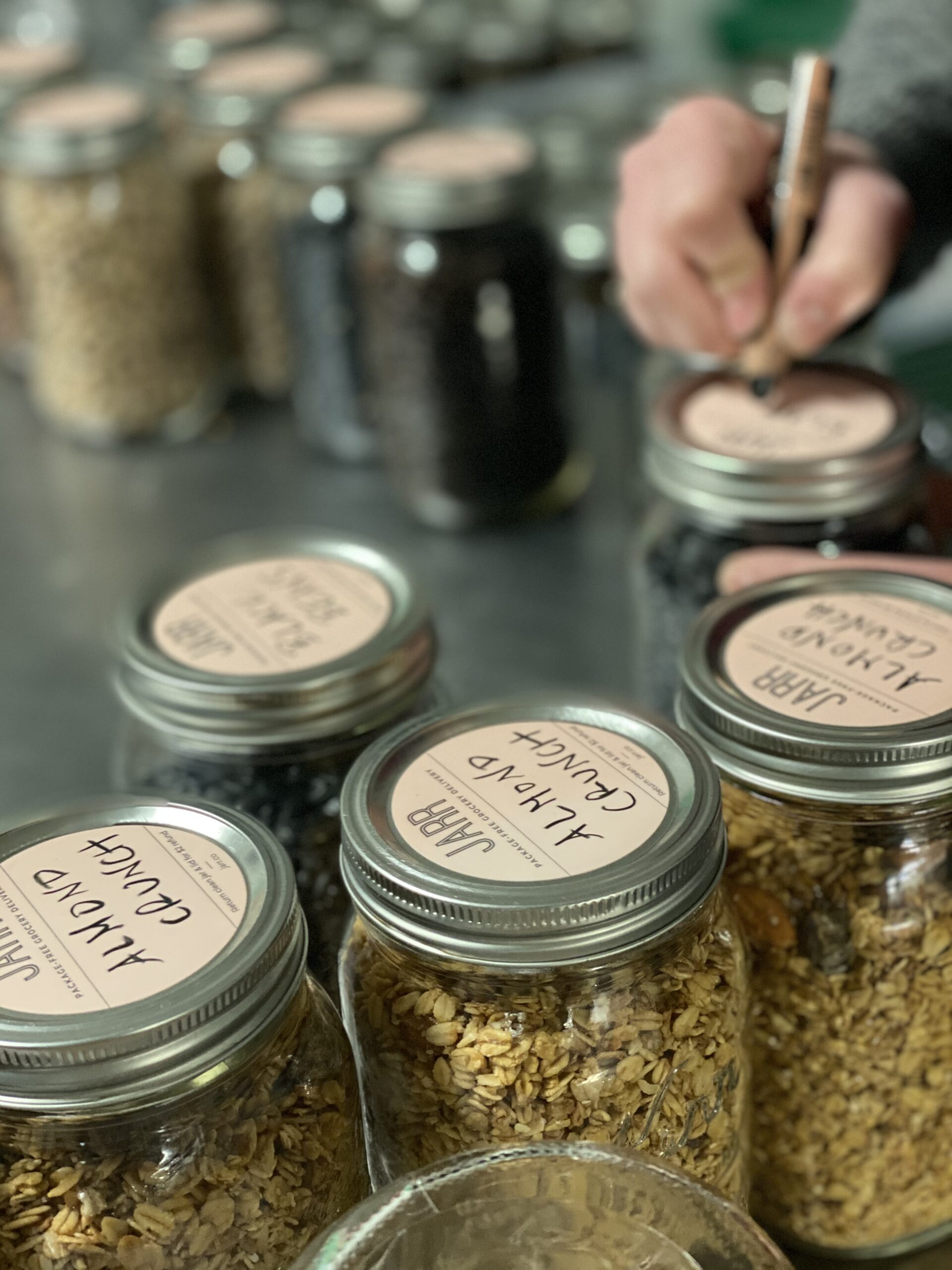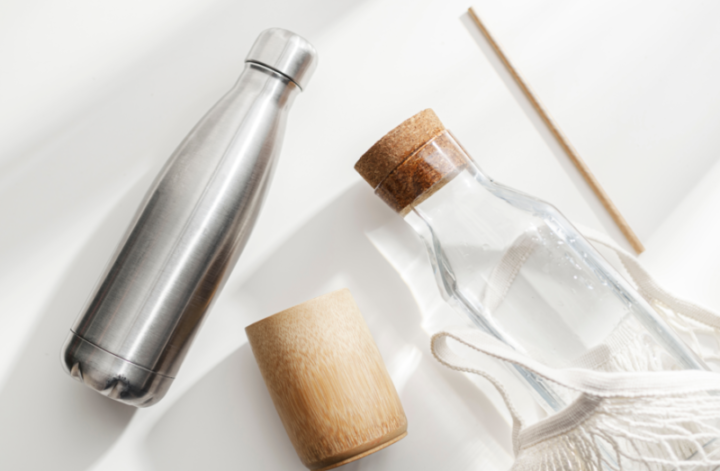The zero waste movement has consumers becoming more conscious of their waste and the products they use. As a result, businesses are implementing new processes to service this growing market. We met up with Emily Sproule to find out her motivation for starting Jarr, a zero waste grocery delivery service, and why she designed her business with circularity in mind.
Emily has a serious passion for providing sustainable products to people who align on this path. Like many, she felt the weight of all the plastics in the ocean, “wish-cycled” products, and bioplastics polluting the recycling streams. As a conscious consumer, she wanted to reduce her household waste but found a lack of zero waste options. Wanting to bring zero waste to the average consumer, Emily started the delivery service out of necessity. So in June 2020, she launched Jarr to fill that niche.
Designing out waste and keeping products in use are the guiding principles of this reusable container delivery service. Jarr has expanded the zero waste community to include cities around Vancouver and Bowen Island. Providing over 300 grocery, household, and personal care products in deposit-return mason jars gives more people the option to consume differently. Choosing the mason jar packaging, as it is least likely to end up in the recycling, or worse, the landfill. The deposit-return model has the greatest impact on zero waste by Reducing and Reusing product packaging. In fact, the double “R” in Jarr stands for just that!
Keep Costs Low with Shared Economy
Emily has found many creative ways to keep costs low while building her sustainable business. When Jarr first launched, she used the family’s electric car for the deliveries. As the business quickly grew, she opted to use larger vehicles from a local car-share program. Not needing a full-time delivery vehicle, the car-share was a great economical and sustainable solution. It meant keeping costs to a minimum and eliminating the need to manufacture one more car.

Jarr prioritizes stocking goods from local producers offering low-waste or package-free products. Many of Jarr’s suppliers incorporate circularity into their businesses by offering products in ready-to-go returnable jars or bulk products in returnable plastic buckets, large glass jars, or compostable paper bags and boxes. Emily admits that a few of her supplier’s products come to her in non-returnable packaging but the team finds creative ways to reuse the packaging before it enters the recycle bin. She also prioritizes and promotes suppliers who can offer products zero waste over others who are still figuring out their reusable systems.
Working alongside other zero waste grocery services and connecting with the community has been very rewarding for Emily. She believes the most powerful impact is making zero waste available to more people and promoting products that align with the circular principles – we completely agree!
Note that this article was prepared in partnership with Jarr Grocery Delivery.




